How often should you wash your sportswear?
 2025-05-17
2025-05-17

 Sansansun
Sansansun
In today's era of sports fashion, "sportswear" has become a must-have item in the wardrobe of many sports enthusiasts. How to clean sportswear can not only protect personal health but also extend the service life of sportswear, which has become a difficult problem that many sports enthusiasts need to solve urgently.
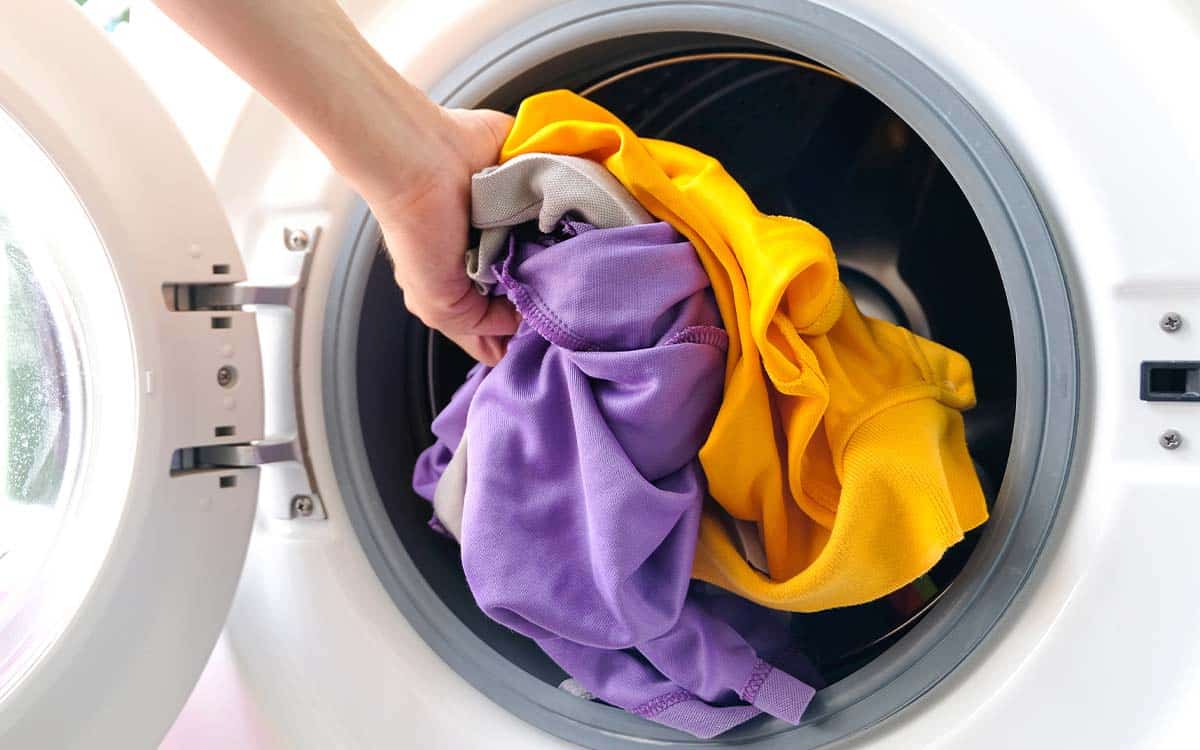
Sportswear generally uses synthetic fibers or blended materials. Such materials are very easy to accelerate the wear of clothes under frequent washing, resulting in weakened elasticity and fading of colors, which greatly affects the wearing effect and comfort experience. Moderately extending the wearing interval before washing is an effective way to extend the service life of sportswear. For expensive and special sportswear, this is undoubtedly an economical, practical, and environmentally friendly measure. However, the frequency and method of washing each piece of sportswear are not fixed, and many factors need to be considered comprehensively.
The materials of sportswear vary greatly, and the cleaning strategy should also vary according to the material. Cotton sportswear has excellent sweat absorption performance, but poor breathability, and is easy to deform when soaked in sweat. Therefore, it is necessary to wash it immediately after sweating a lot in summer to prevent the long-term retention of sweat from causing the clothes to turn yellow and harden. In the washing process, it is recommended to use the gentle washing mode with neutral detergent. After washing, avoid exposure to the sun to prevent the clothes from shrinking and deforming. Sportswear made of synthetic materials such as polyester fiber has excellent sweat-wicking and quick-drying performance and is relatively more resistant to washing. In the case of light exercise and no obvious stains on the clothes, the number of wearing times can be appropriately increased before washing. However, if a lot of sweating occurs during exercise, it is still necessary to wash it off in time. At this time, conventional machine washing can be used, but the water temperature must be properly controlled and not too high to prevent damage to the material. Given the different characteristics of different sportswear materials, it is important to pay close attention to the washing label on the clothing before washing, which will provide more comprehensive care for the clothing fibers.
Exercise intensity is also a key factor in determining the frequency of washing sportswear. Cotton sportswear, due to its sweat-absorbing properties, easily absorbs a large amount of sweat after high-intensity exercise, breeds bacteria, causes odor, and skin problems. In contrast, sportswear made of synthetic materials such as polyester fibers can be worn multiple times after light exercise, even without obvious stains due to its excellent sweat-wicking and quick-drying properties, but it still needs to be washed in time after a lot of sweating. When washing, you can flexibly choose the washing method and water temperature according to the intensity of the exercise.


The difference in sports scenes also cannot be underestimated in the demand for washing sports wear. In the hot and sweaty environment in summer, sportswear needs to be washed in time after each exercise to keep it fresh and hygienic. In winter, due to the relatively reduced amount of sweating, if the sports scene is indoors and the intensity of exercise is low, sportswear can be worn 2 to 3 times before washing. However, in outdoor sports scenes, especially cross-country running and other sports, sportswear is easily contaminated with a lot of dust and impurities, so it should be washed in time after each exercise. Before washing, you can gently pat the clothes to remove the surface dust, and then wash them normally.
The impact of personal skin quality on the frequency of washing sportswear cannot be ignored. People with skin allergies are more sensitive to bacteria and microorganisms. Sportswear should be washed quickly after exercise to reduce the risk of contact with allergens. During the washing process, you can choose a detergent with a bactericidal function and ensure that it is fully rinsed to avoid detergent residues from irritating the skin.
In addition to the above factors, you should also be careful to avoid using softeners when washing sportswear. Sportswear usually has good heat dissipation and perspiration performance. If fabric softeners are added during washing, although the fibers can be softened, the perspiration, anti-fouling, and breathability of sportswear will be weakened. If sportswear needs to be worn multiple times, it should be taken off in time after each use and hung in a well-ventilated place to dry, to maintain the performance and quality of sportswear.

 Inquire(
Inquire(
 HOME
HOME Unlock the Infinite Possibilities of Sportswear
Unlock the Infinite Possibilities of Sportswear  You May Also Like
You May Also Like
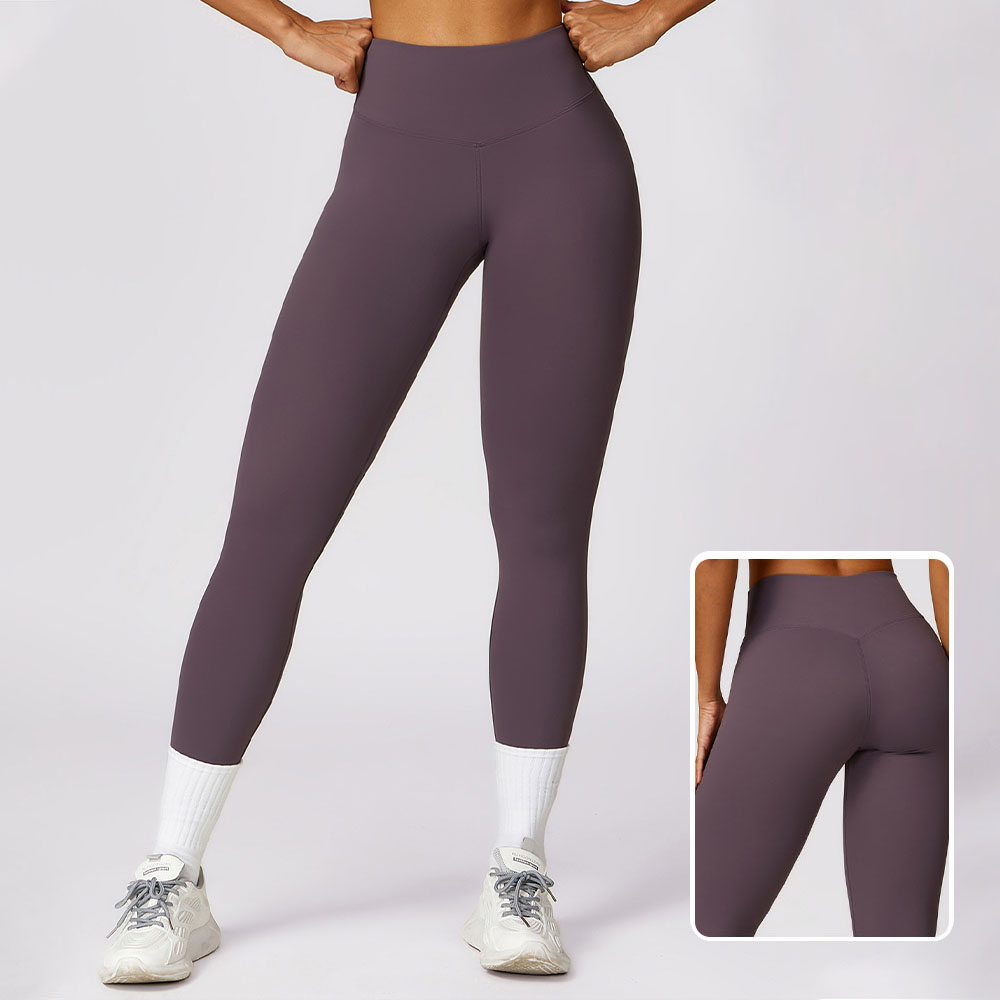

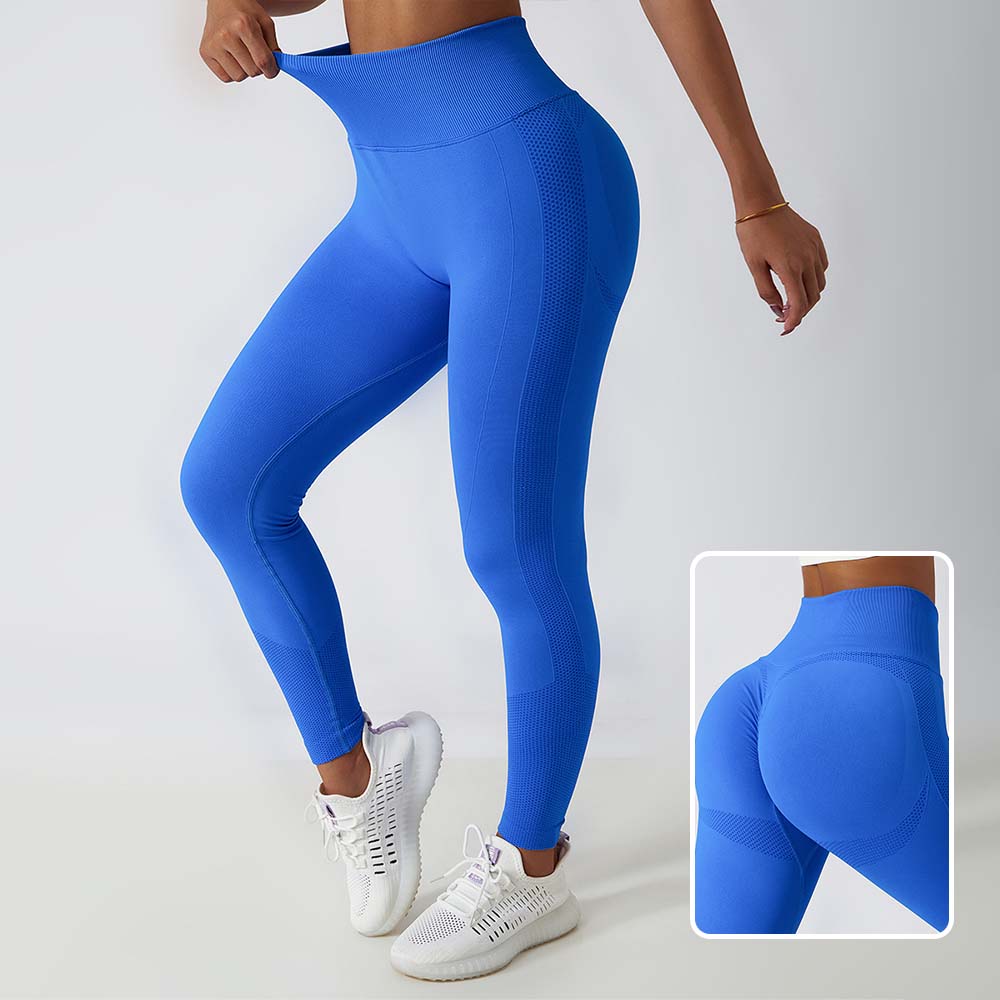
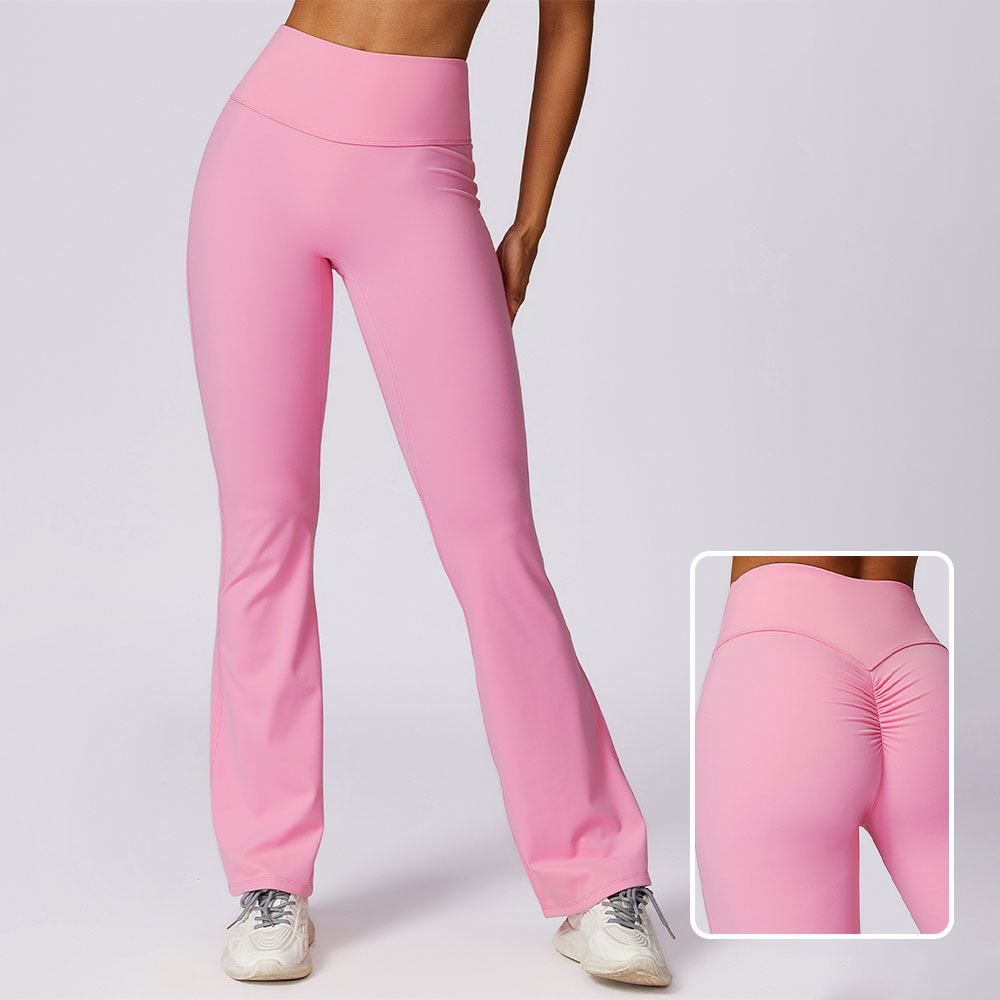
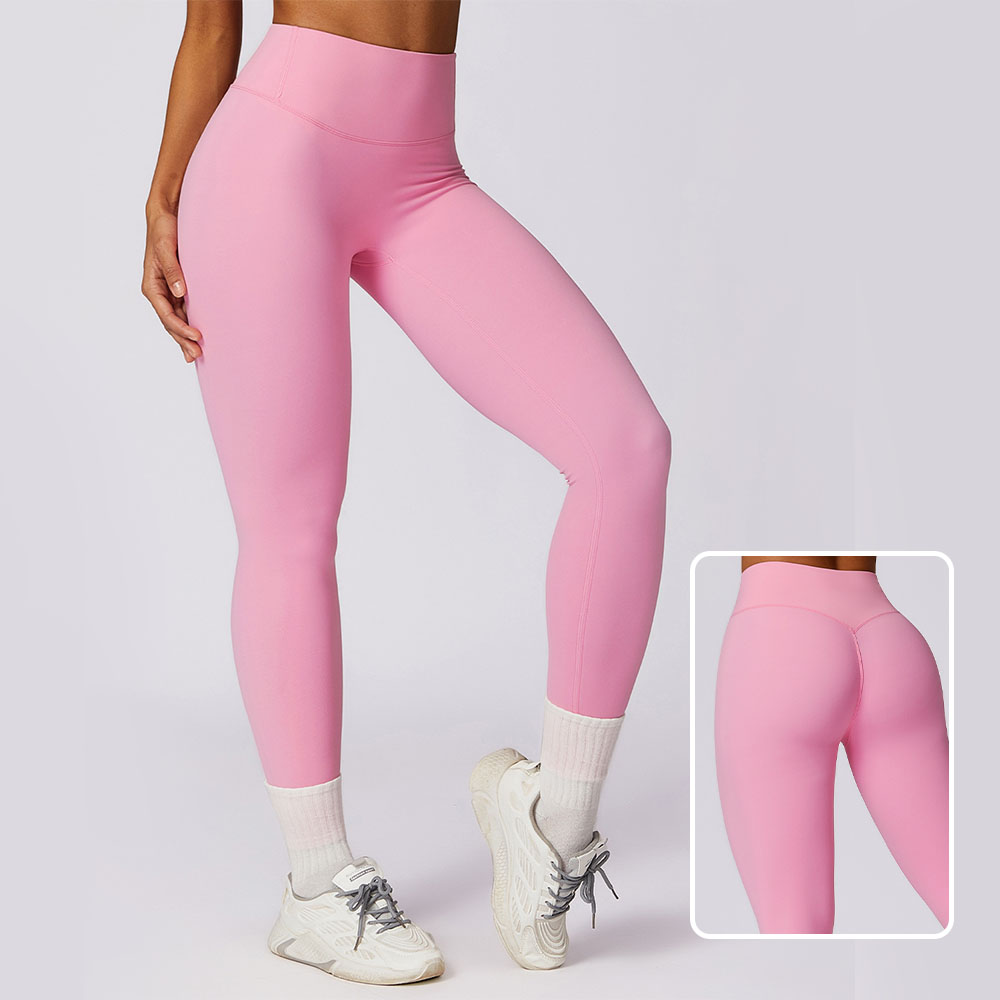
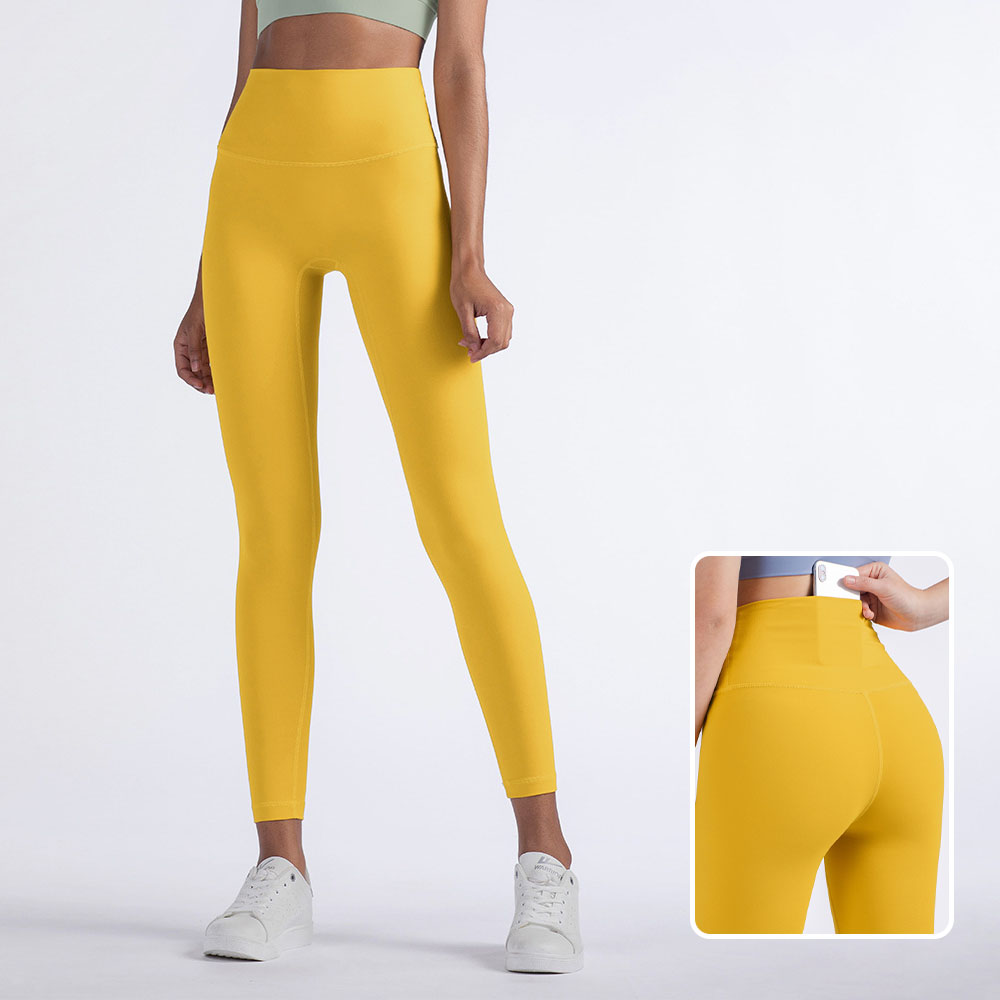
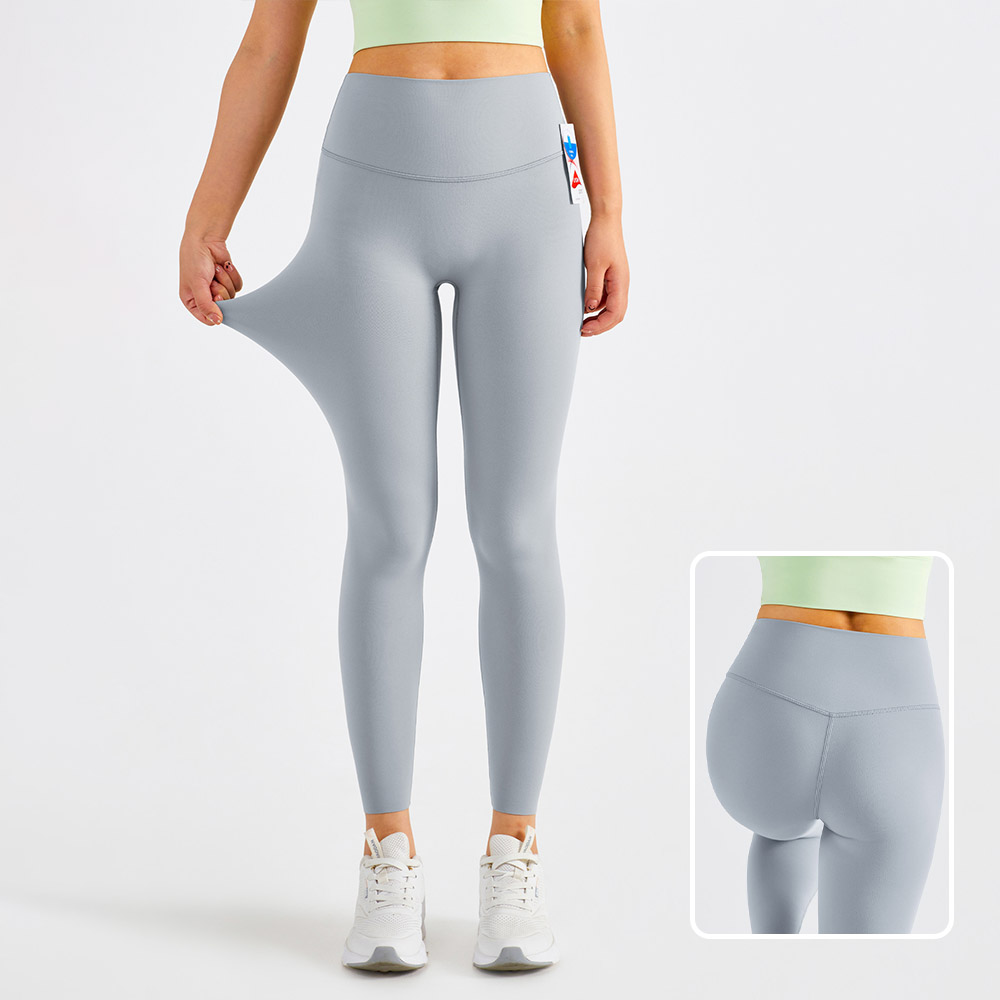
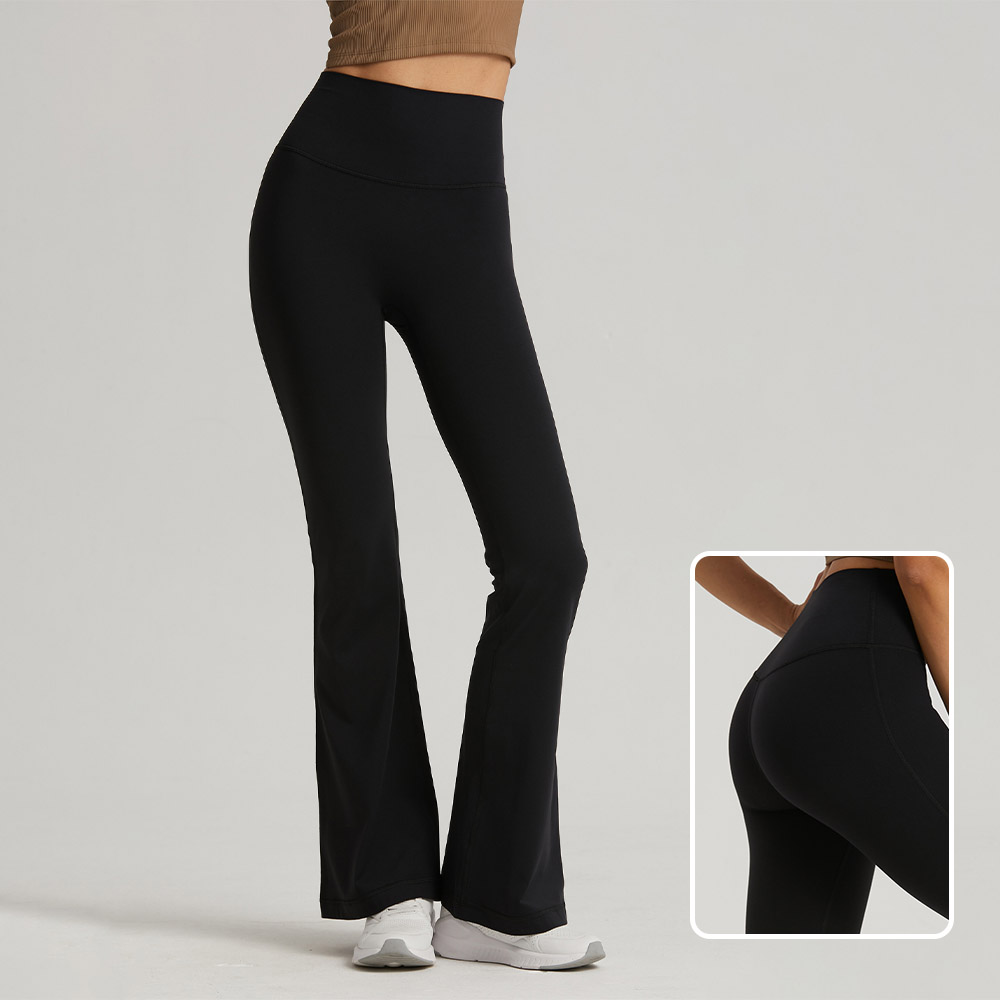
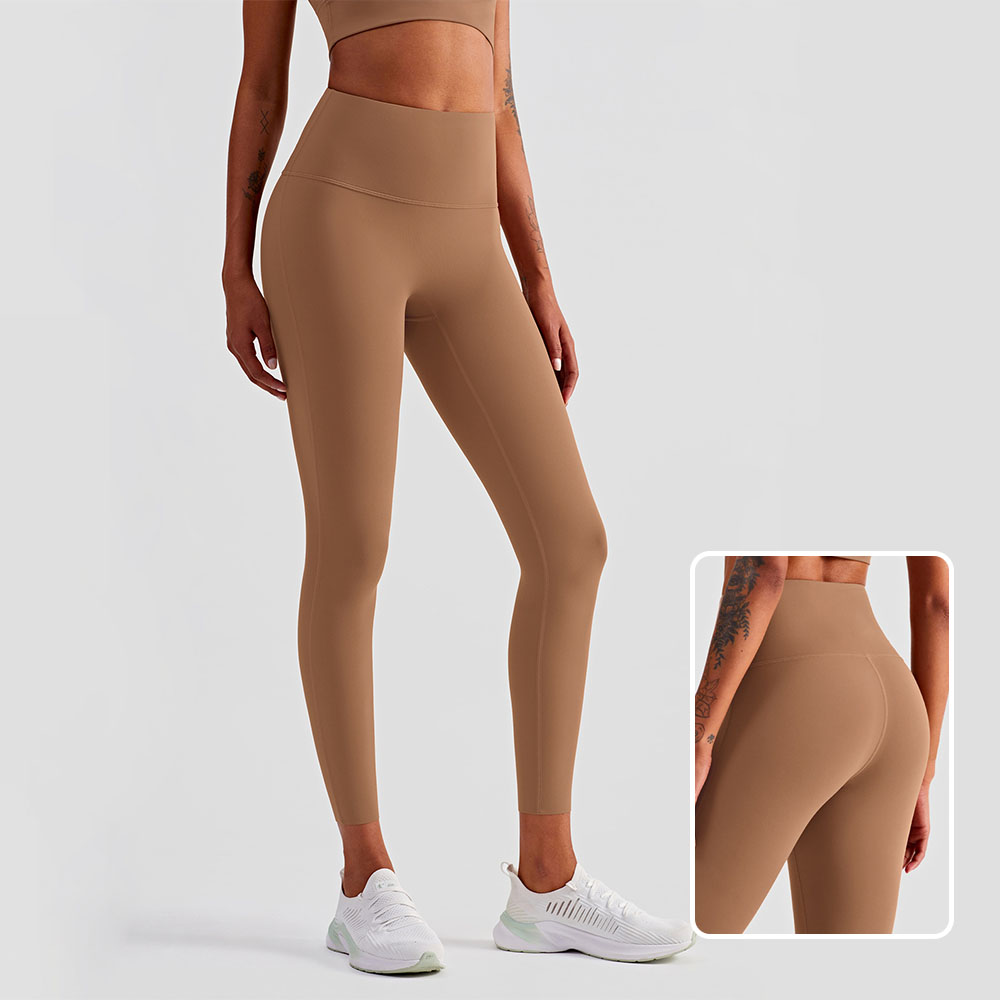
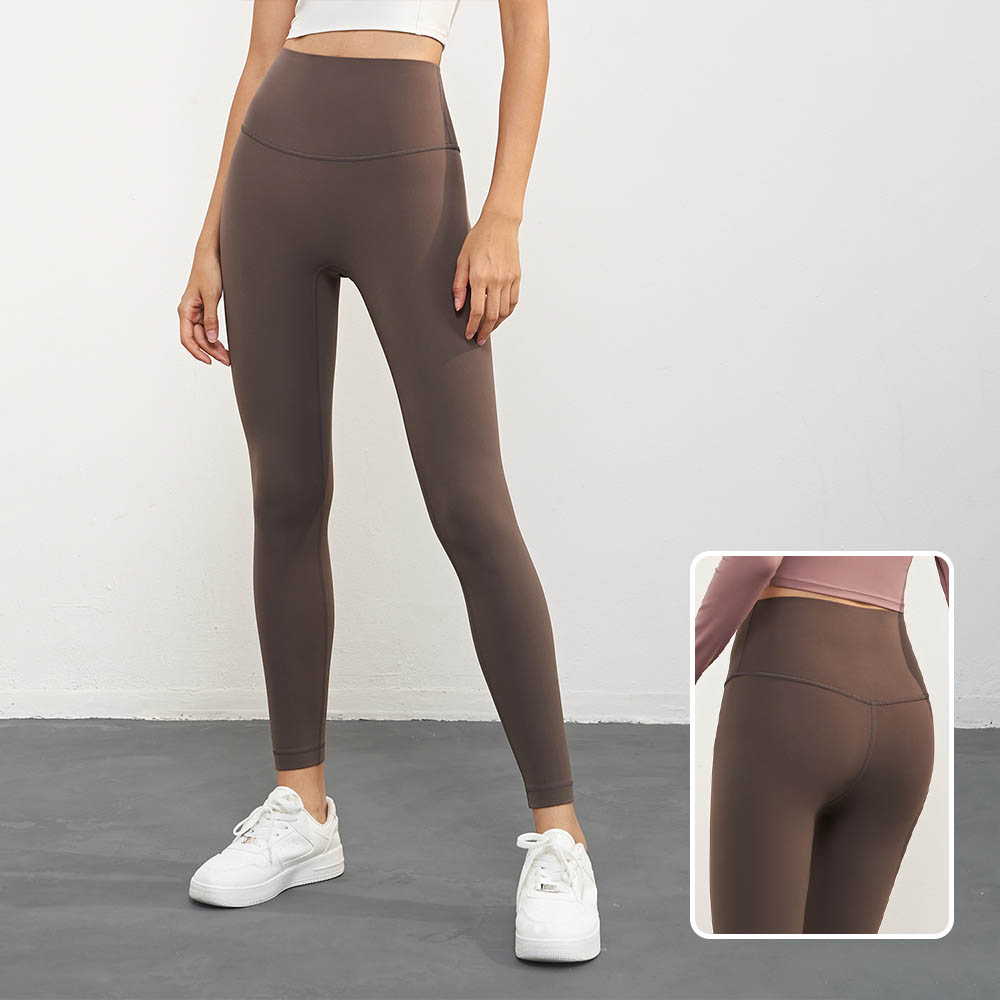
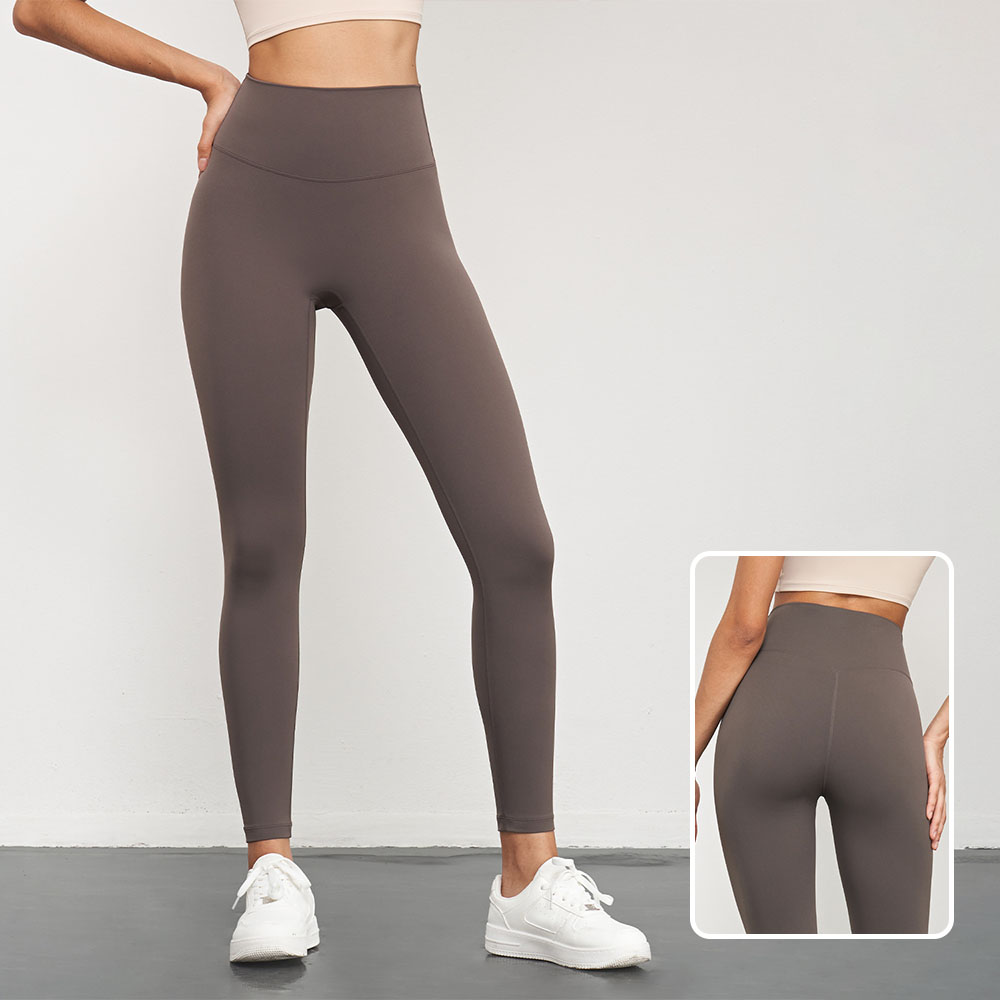
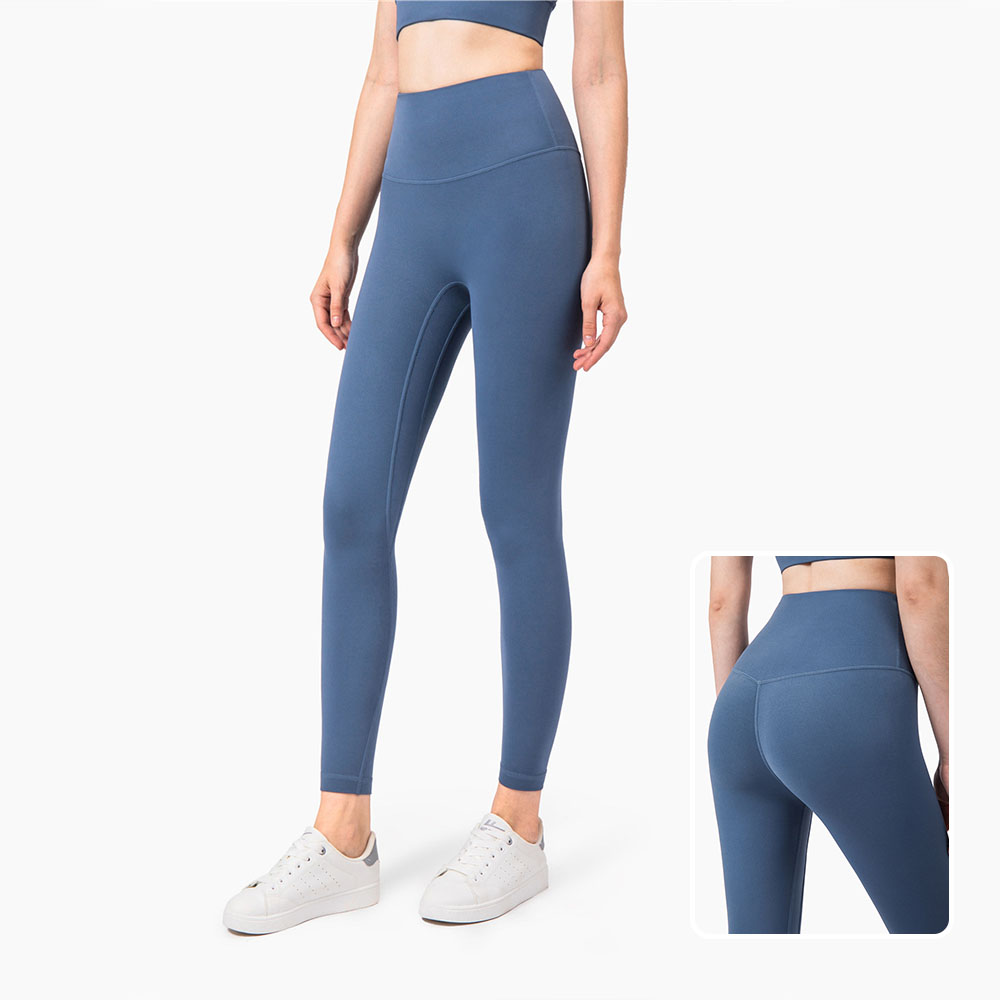
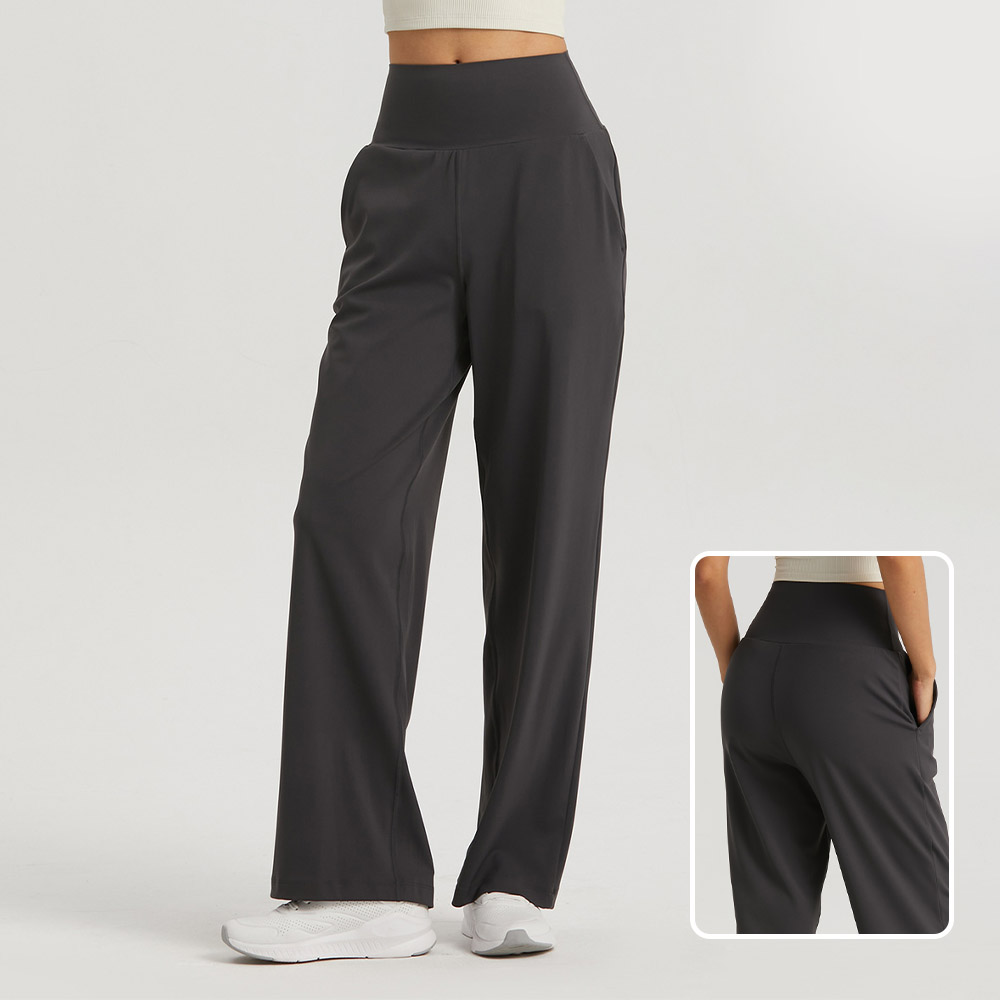
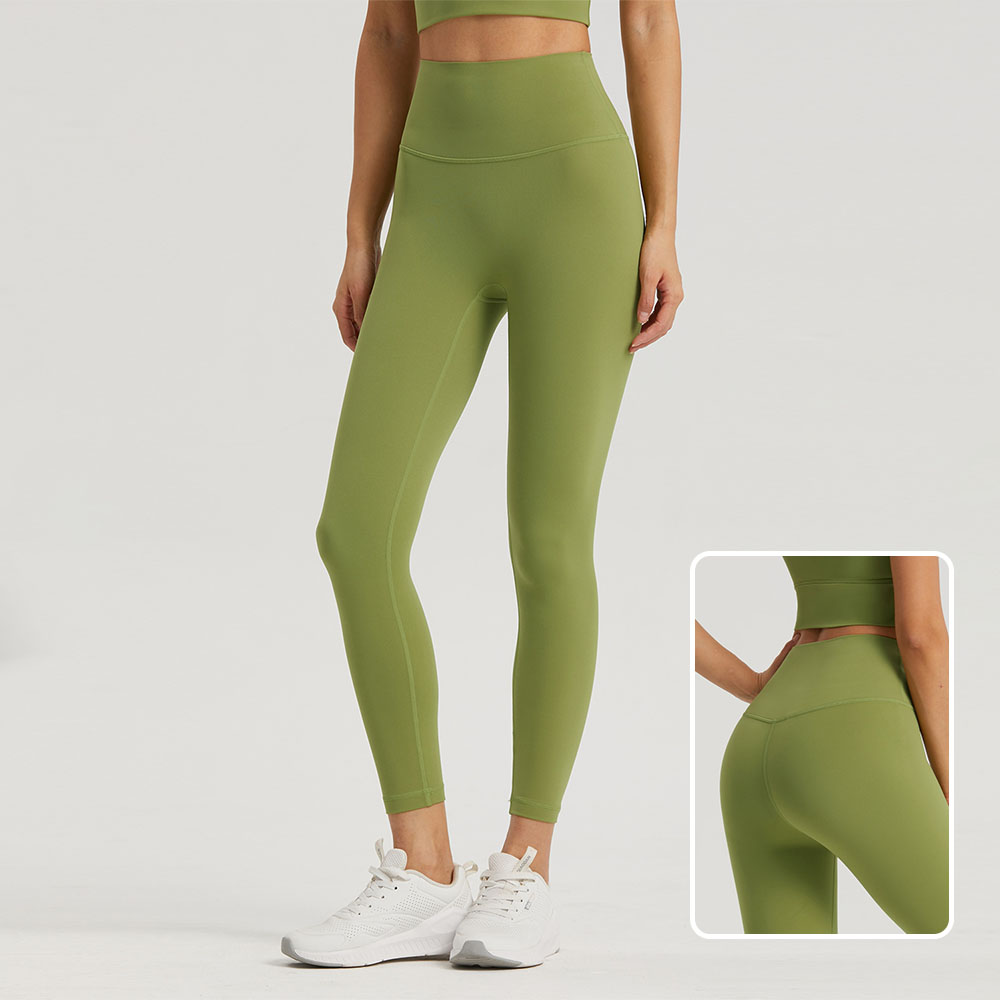
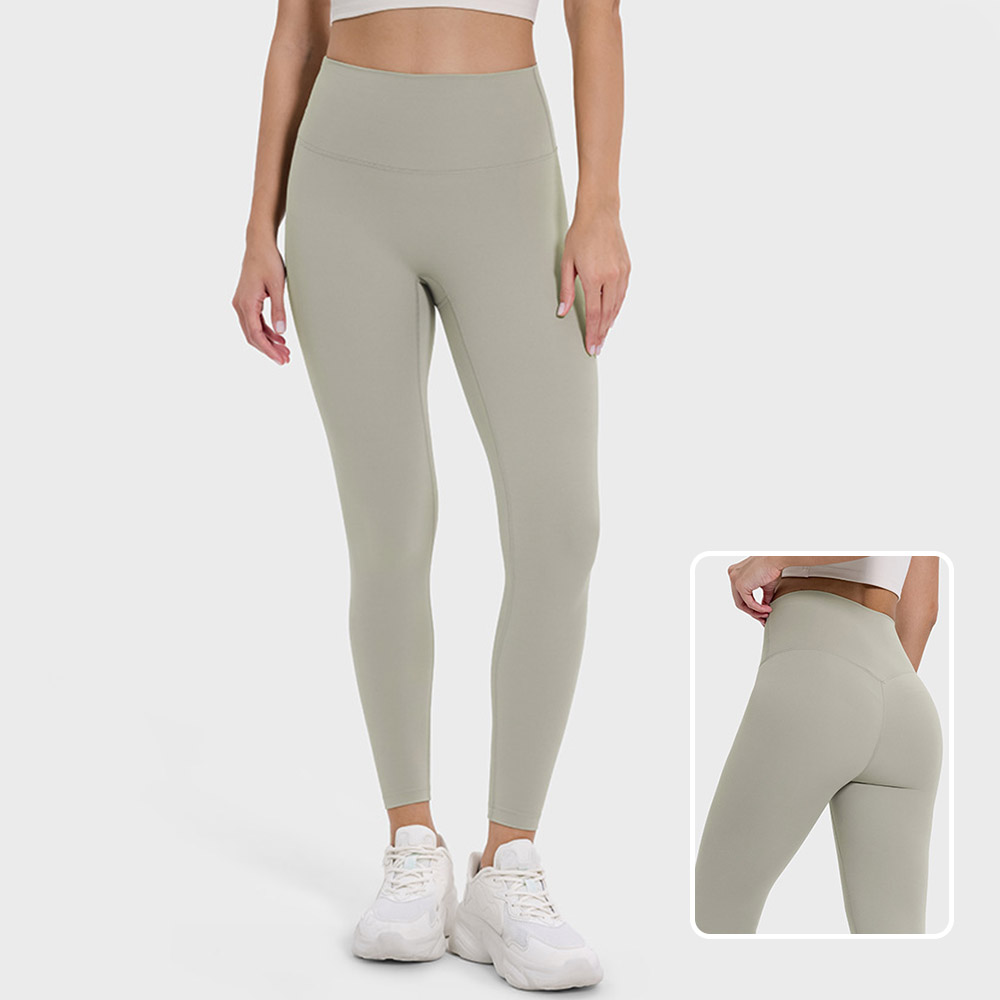
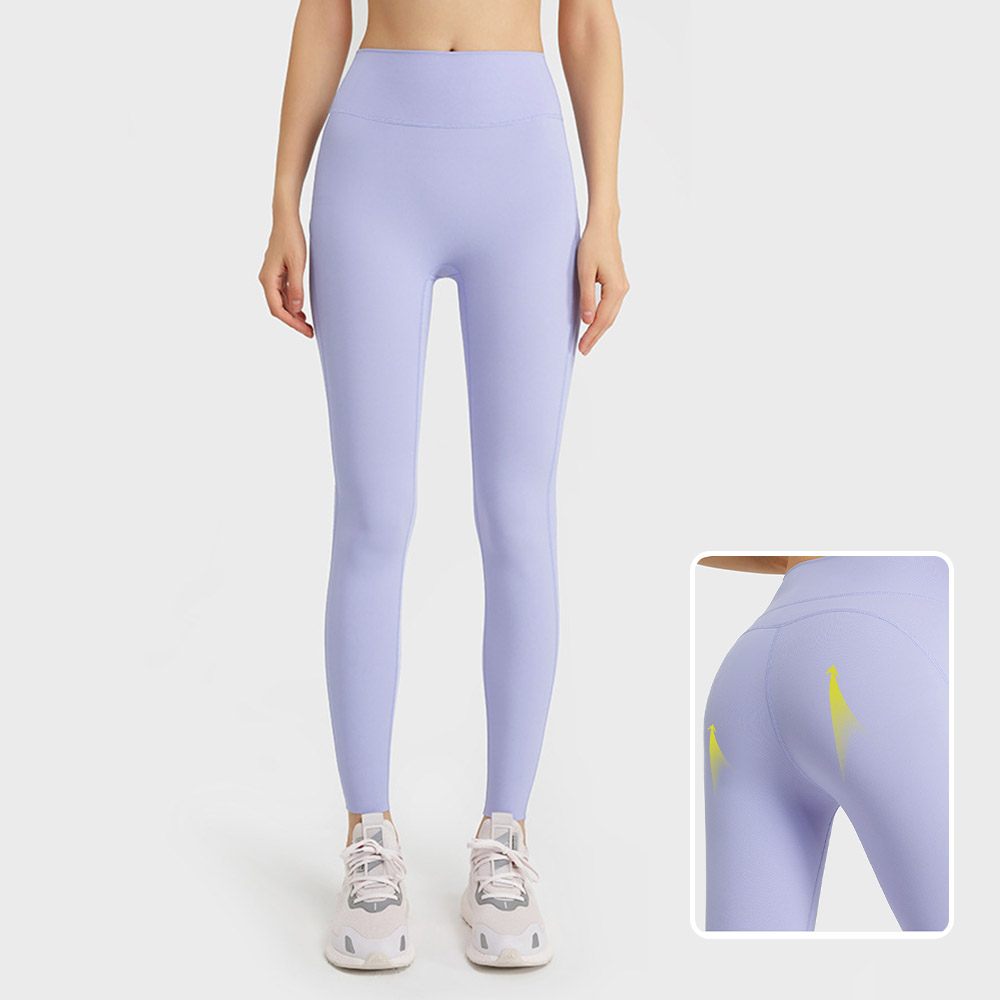
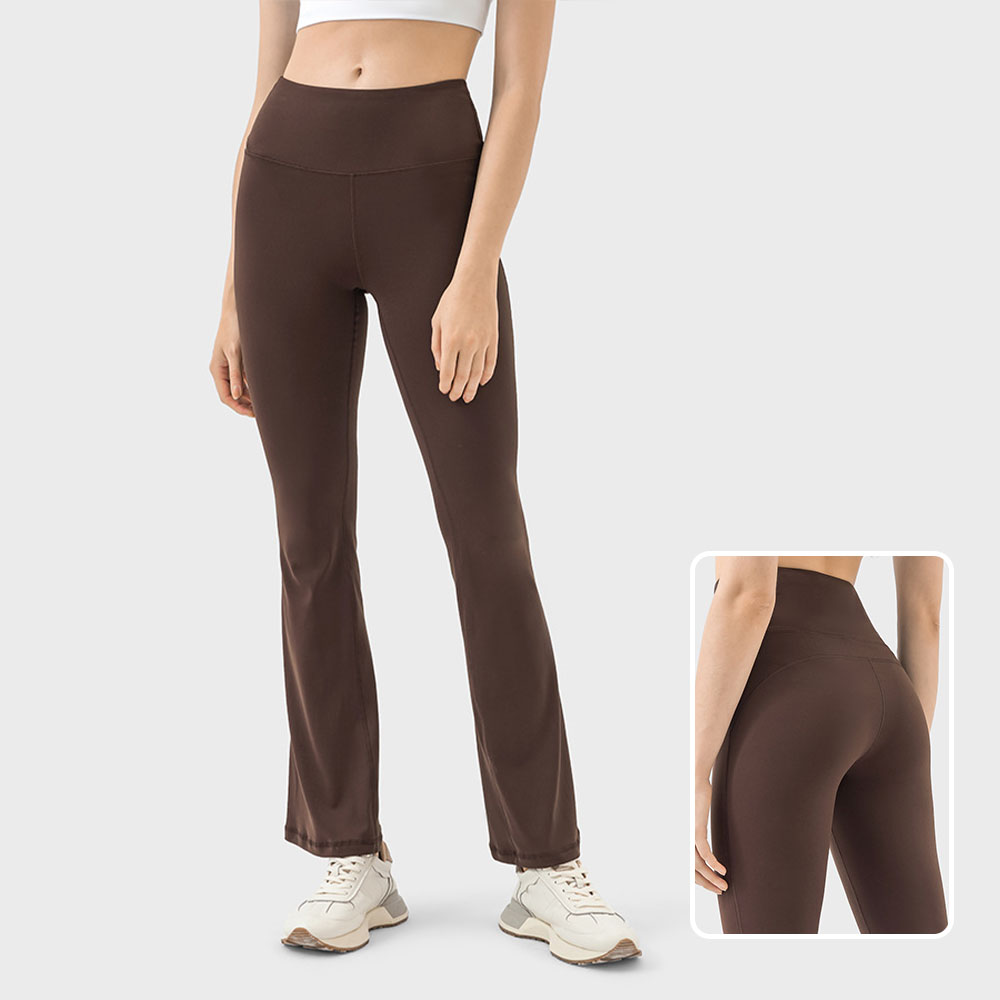
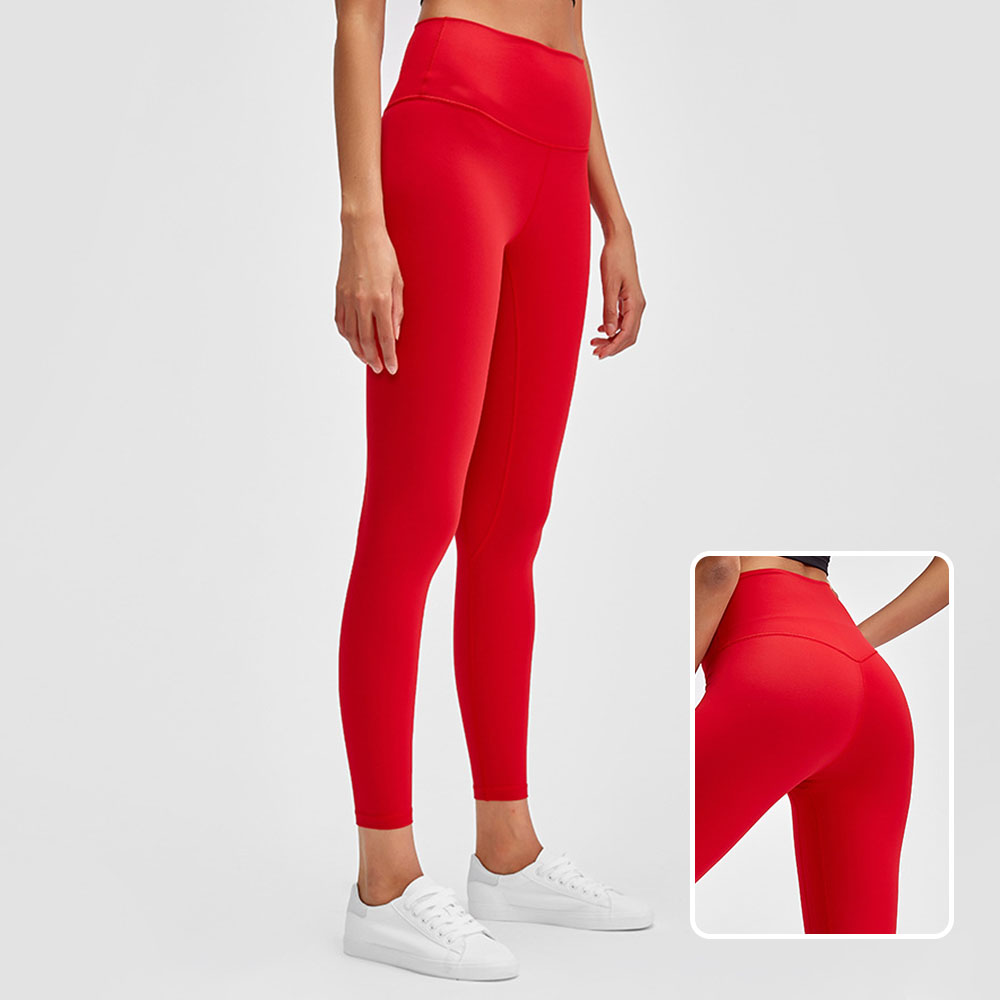
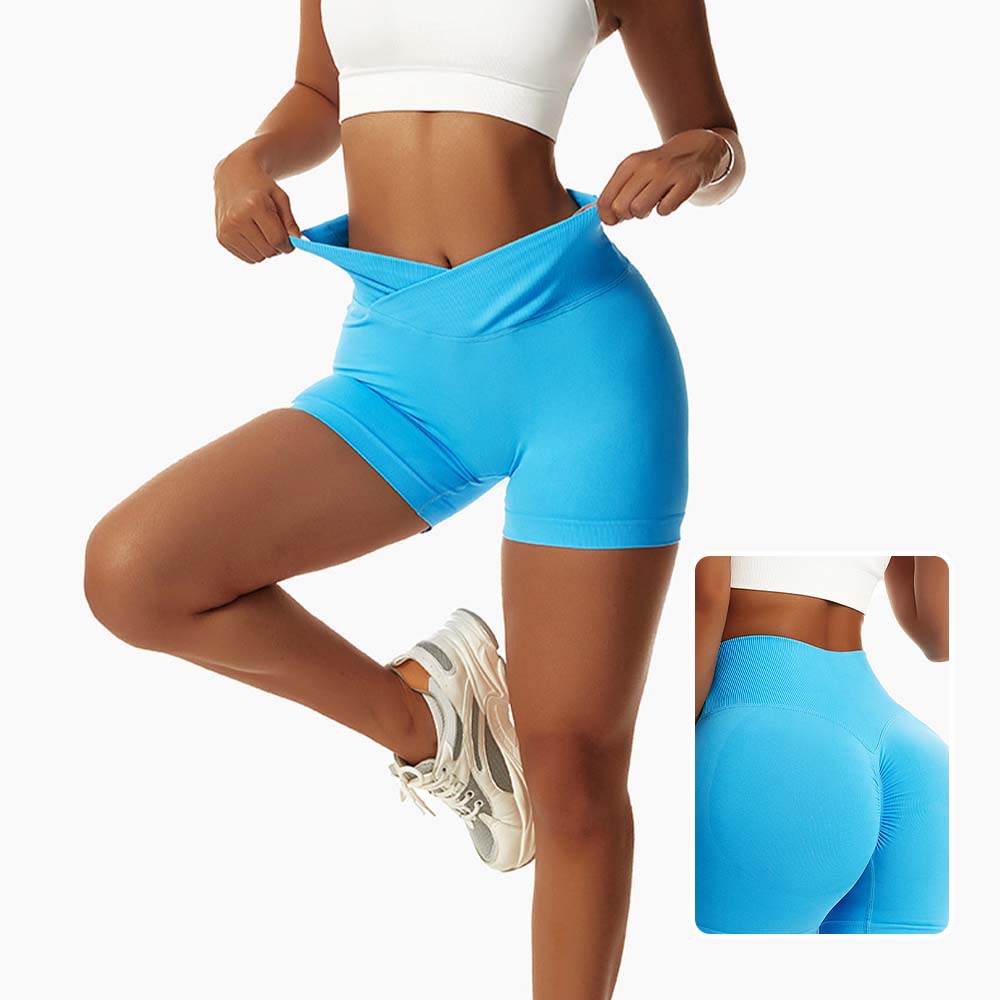
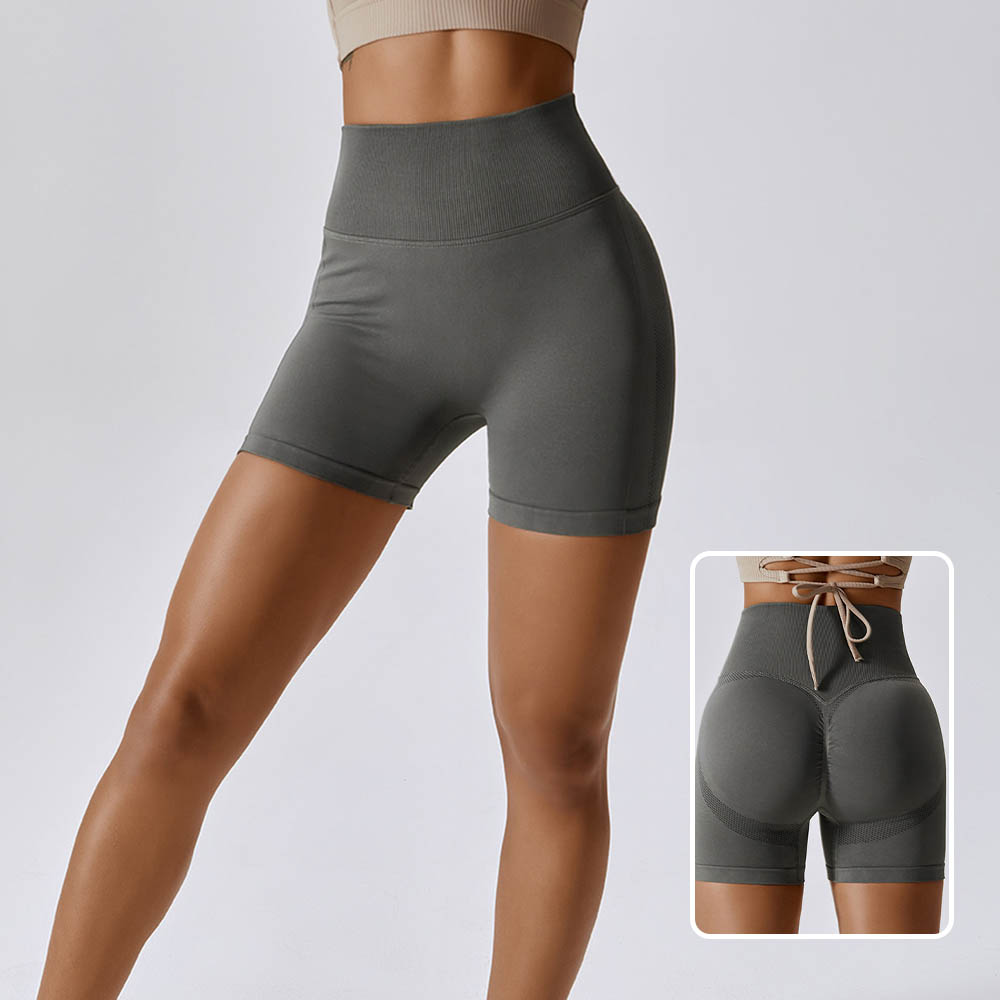
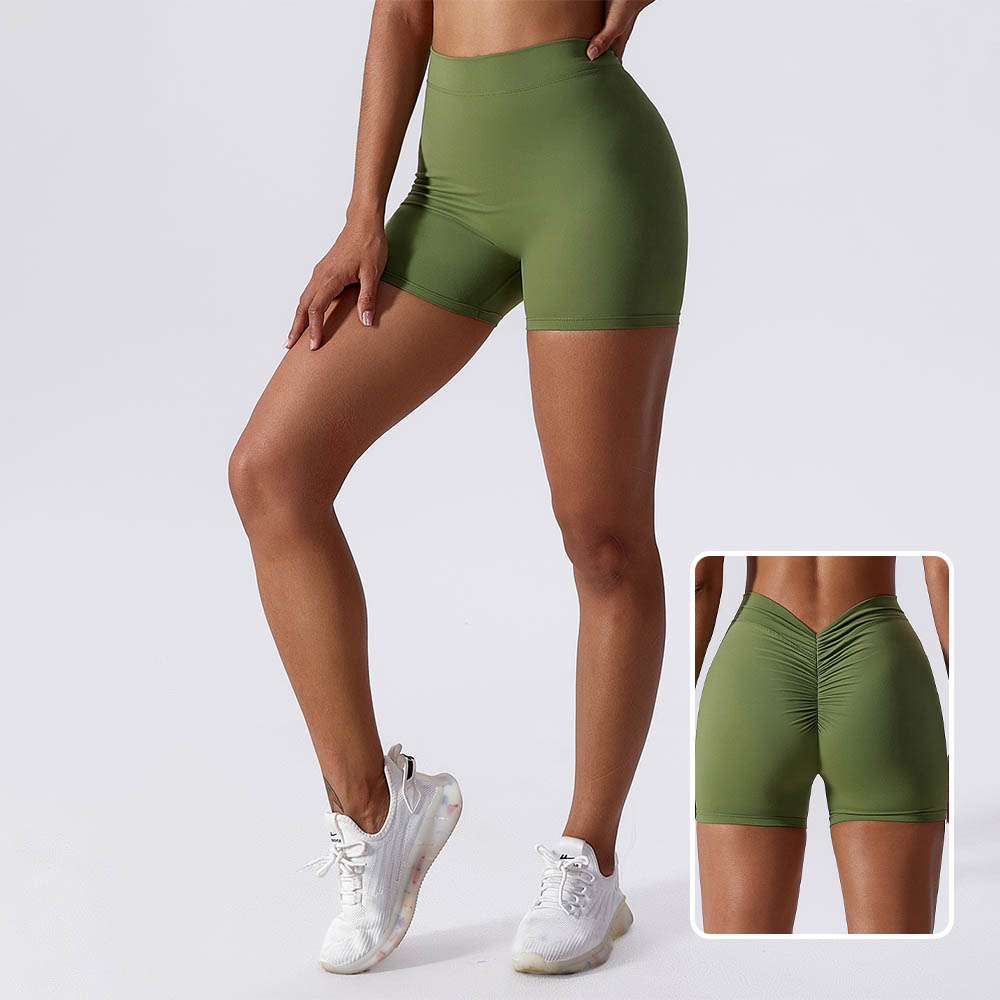

 Tel
Tel
 WhatsApp
WhatsApp
 Email
Email
 Address
Address






